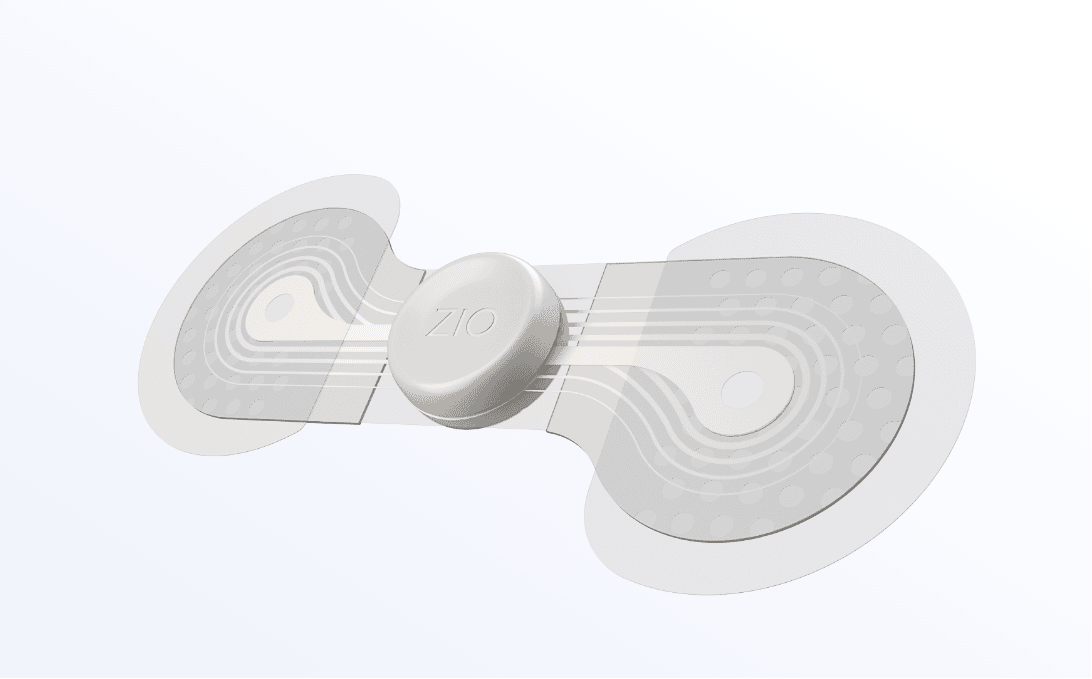Irregular heart rhythms are alarmingly common. In the U.S, an individual's lifetime risk of developing AFib is roughly 1 in 4.1 And yet, many who experience this don't even feel symptoms and aren't aware that they have it.2 Arrhythmias are a leading cause of stroke and increase the risk of other serious outcomes.3,5
The good news is that long-term, continuous heart monitoring is helping in the shift to more preventative and proactive treatment and care.2


